MEAT, POULTRY AND GAME
The meat of animals, poultry and game is the principal source in the human diet of complete protein, and is a good provider of many B vitamins and minerals; lean meat, for example, is a good source of manganese, potassium and selenium; red meats (beef, lamb, pork, venison) contain a lot of iron. Offal, especially liver, is a good source of iron, copper and iodine, and is rich in B vitamins. All meats contain saturated fat. Game is often lower in this than farmed livestock.
Absorption of copper from goose liver (foie gras) is higher than from goose meat; women are able to absorb far more copper from goose liver than from other sources of foods.
NUTS AND SEEDS





